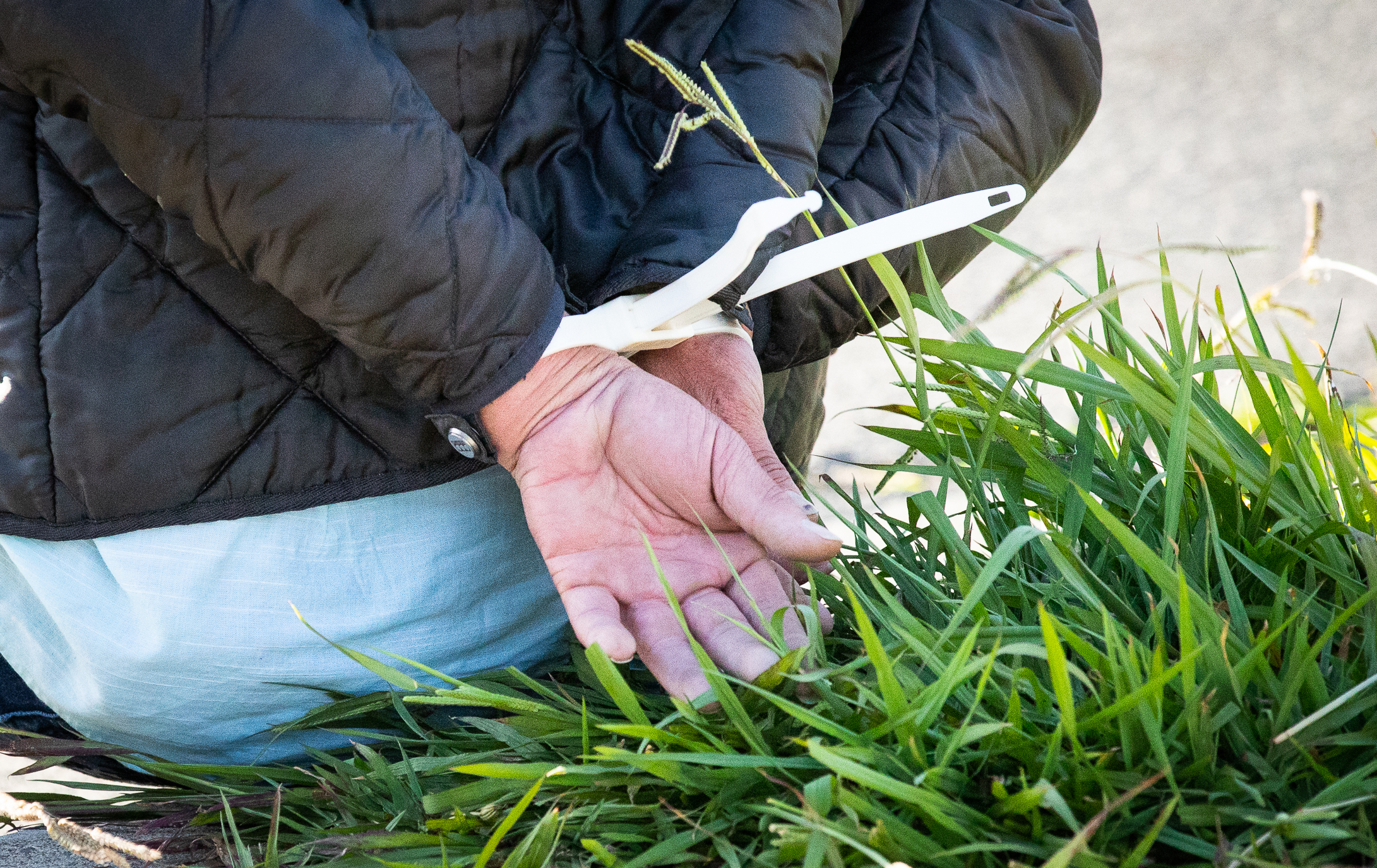A bill that aimed to expand diversion opportunities for some crimes was voted down by the California Senate on May 23.
Senate Bill 1282, authored by Sen. Lola Smallwood-Cuevas, would have given judges discretion to offer defendants charged with certain misdemeanor and felony crimes the choice to undergo programs—such as those for substance abuse and for mental health care—and if successfully completed within two years, charges for the defendant’s crimes would be dropped.
“We want to prevent as many people as possible from going into the prison system for nonviolent misdemeanors and nonviolent felonies,” Ms. Smallwood-Cuevas told The Epoch Times May 24. “This bill is about alternatives that work, and unfortunately, there are too many Californians that don’t have this option. ... Let’s give them an option.”
While diversion programs are currently offered in some counties for some misdemeanor offenses, the bill would have included every county across California and included some more serious offenses.
Defendants charged with crimes that require sex offender registration, domestic violence, violent felonies—including murder and voluntary manslaughter, among others—rape, sexual abuse of children, and others would not have been eligible for diversion.
Judges would not have been ordered to offer diversion, but the bill would have allowed the court to refer defendants to mental health care, housing services, substance abuse treatment, or other programs and services deemed appropriate.
The author said the state and its citizens would benefit by expanding the program.
“As we’re making sure that we’re strengthening and expanding enhancements and being tough on crime, let’s be smart about it,” Ms. Smallwood-Cuevas said.
The bill faced stiff opposition on the Senate floor and failed to garner the 21 votes needed to pass. Although the author called on her colleagues to support the measure multiple times—as the proposal was presented to the Senate three times in about an hour—two Democrats agreed and brought the total supporting vote to 20, but then three others in the party switched their prior yes votes to no, thus killing the proposal.
“In the end, there wasn’t enough courage in the room ... and we couldn’t get the votes we needed,” Ms. Smallwood-Cuevas said. “Moments [like these] are driving us back toward mass incarceration ... but my hope is that my colleagues will see the light and stand up ... and I’m going to continue to work on it.”
Supporters of the bill said that expanding it to counties across the state would create equity for defendants, regardless of where the crime was committed.
“Every county should be required to operate at least one diversion program so that communities and law enforcement across the state can all access its range of benefits,” the Vera Institute—a nonprofit criminal justice research and policy advocate, and sponsor of the bill—said in legislative analyses.
The nonprofit also suggested that California should follow the lead of other states—including Colorado, Georgia, and Arizona—that allow diversion for some felonies.
“When someone with felony charges can receive diversion without any safety risk to the community, expanding judges’ discretion will give them better options for maintaining community safety,” the group said.
Proponents also argued that diversion programs reduce recidivism, save the state money, and provide beneficial services—including job training, housing support, and education, among others.
“Diversion focuses on the drivers behind people’s conduct, and it provides resources to address their unmet needs,” the group said. “By doing so, diversion programs are also much more cost-effective than prisons.”
However, critics on both sides of the aisle expressed concern, with some saying the bill could potentially jeopardize public safety.
“Although I understand the intent, this bill goes too far by expanding the misdemeanor statute of most felonies and would allow judges to exercise their discretion in granting diversion to perpetrators charged with some very, very serious crimes,” Sen. Marie Alvarado-Gil said on the Senate floor May 23. “There is also an assumption here where we are one California where crimes and resources in urban settings are exactly the same as crimes occurred and resources in rural settings. That is simply just not the case.”
She took exception to the inclusion of vehicular manslaughter, child abuse, aggravated assault, and other crimes which would have been eligible for diversion.
“This bill would not take into account any requirements for interests of justice or public safety,” Ms. Alvarado-Gil said. “Let’s not forget the victims of these crimes who are forced to live with the trauma brought onto them by their perpetrators.”
Noting a need to “balance rehabilitation with accountability,” she urged colleagues to reject the measure and said that while criminal justice reform advocates focus on racial injustices in the penal system, she too is focused on a fair and just legal system and said her reasoning for voting no was based on public safety concerns.
“I don’t stand up here to put more black and brown people behind bars, no, this is really about consequences for actions—actions that endanger and harm other people regardless of your creed, color, class, race, or ethnicity,” Ms. Alvarado-Gil said. “Our priorities should be to protect our communities and ensure that justice is served for every victim of crime.”
Nearly two dozen organizations were listed in support of the bill in legislative analyses, including the American Civil Liberties Union and the California Public Defenders Association—among others—while the associations of California District Attorneys, the California Police Chiefs, and the California State Sheriffs’ were opposed.
With the deadline to pass bills May 24, the measure is effectively stalled for this year but could be reintroduced in 2025.














